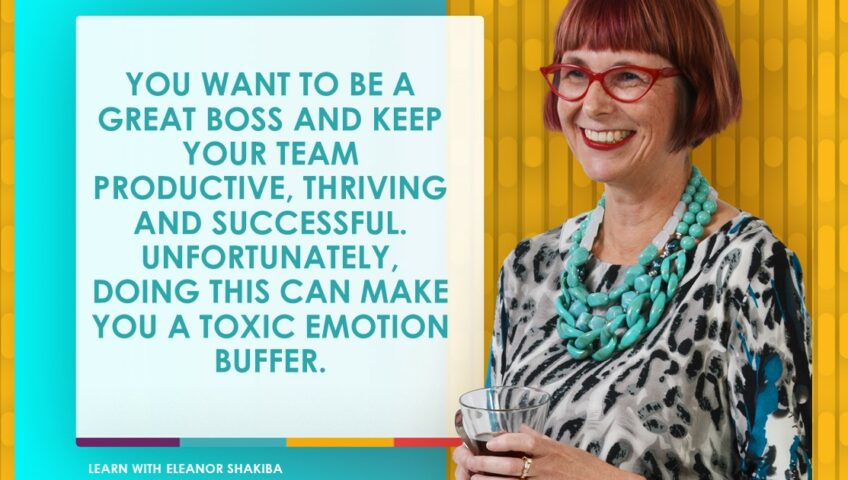Mel had been a thriving entrepreneur for years, but the last six months had been really hard. Her business was growing quickly, but that meant she was under pressure to launch new products regularly. Never good at managing details, Mel felt like her brain was on fire because every tiny thing seemed to need her input. Ergh. She was constantly on edge – overwhelmed by juggling multiple tasks and learning new things every day. Mel needed a fast solution. Sure, she’d been told that fast change rarely stuck, but she wasn’t convinced that was true.
The next day, after yet another detail-filled meeting with her team, Mel decided enough was enough. Yes. She needed a break from it all. Coffee at Bertoni wasn’t going to solve her problems this time! She needed pasta, cake and a good gossip as well. Packing her laptop into her bag, Mel headed off to her favourite cafe.
There she spotted a group on intriguing-looking people. One was talking about belly dancing. Another was talking about the best ways to teach young musicians. Plus, everyone was discussing the challenges of running creative teams. That’s when Mel knew she had to join in. Soon she was sharing her ‘Fried Brain’ feeling. Everyone in the group understood. In fact, I was there and was able to explain to Mel what it actually was: Complexity Overload. This happens when you are dealing with complex decisions and detailed information, without getting a break. It can destroy your resilience and wear down your mental stamina. As Mel knew all too well.
Free e-book and video tips.Get your copy today!
|
|
Luckily, Mel had stumbled on a solution. You see, the group she had joined was a collection of business owners – an informal gathering of local leaders who wanted to make a difference. They’d all met at Bertoni by chance and now gathered to chat at least once a month. That day Mel learned two things: First, that it was OK to take a break from her computer. Second, that joining a support group is the best way to beat mental overload. Nothing beats talking and helping each other out!
If you’re like Mel and need somewhere to connect with like-minded people, email me today. I offer a range of online support programs and face-to-face training programs. So, wherever you are, I can help you be a (relaxed) leader who makes a difference.
This article was created by Eleanor Shakiba
Eleanor is a leadership trainer and success coach. Her mission is inspiring talented people to become leaders who make a difference. Since discovering her passion for training and development, Eleanor has trained more than 60,000 people. She delivers face-to-face workshops for corporates, online masterclasses for leaders and Positive Psychology retreats for trainers, HR practitioners and leaders.







